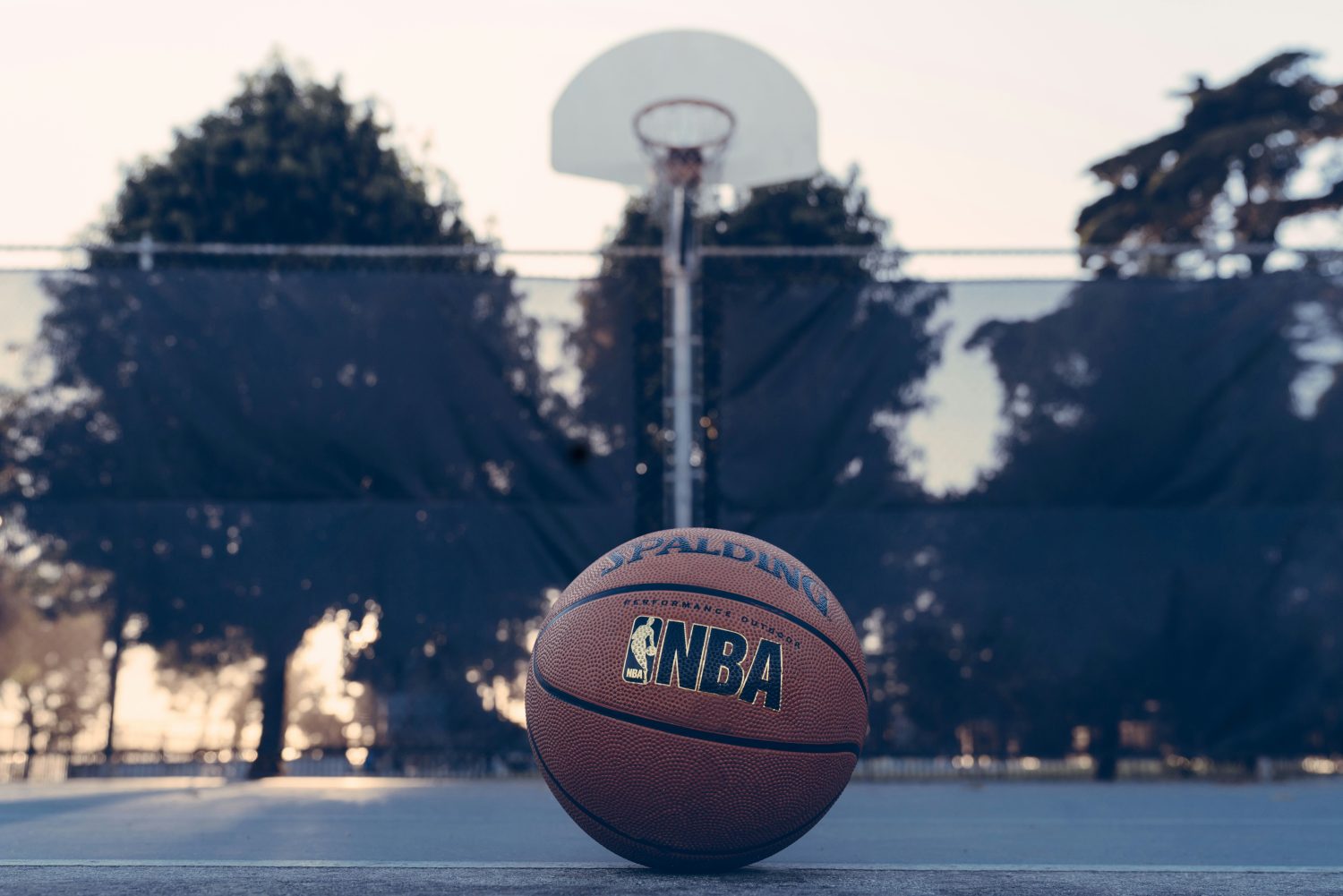Sponsored:
The intersection of basketball and sports betting has taken a sharp turn recently with stories of betting abuse and insider information being shared to sports bettors. As fans debate about betting in the NBA, as well as safe places to bet on NFL games this NFL season, major sports leagues face growing frustration from bettors. Emotions are rising, and online reactions feel sharper.
This shift has sparked real concern among players and league officials alike. The surge in online harassment exposes how quickly passion can cross a dangerous line.
The NBA’s New Reality Around Sports Betting
Since the expansion of legalized sports betting, fan engagement has grown at record speed. Experts say the NBA today faces a flood of betting attention and emotional reactions. But some players deal with personal attacks both courtside and online when fans lose wagers.
The line between excitement and hostility keeps blurring in today’s basketball culture. What once fueled conversation and friendly debate now sparks frustration and harsh criticism. League officials worry that growing gambling behavior could damage the sport’s spirit.
The NBA’s reliance on social media makes this problem even more visible. Players are more exposed than ever, often reacting directly to fan comments. That constant access magnifies emotional outbursts tied to disappointing betting results.
Betting Abuse: Rising Online Harassment Toward Players
Reports show that online abuse toward athletes is getting worse every season. An ESPN study found that 11% of nearly 4,000 flagged messages were betting-related. The NCAA also found that 12% of harassment toward college athletes came from gambling issues.
While college players face much of it, professionals aren’t far behind. The NBA Players Association said harassment often spikes after tough or emotional games. The same trends appear at both levels, linking betting frustration to toxic online behavior.
Some messages go beyond name-calling, turning personal and aggressive toward players. A few athletes said they received money requests from strangers after losing wagers. It shows how anger from losing bets can quickly become targeted abuse.
Experts state that this is a bigger problem across modern sports culture. Social media gives fans direct access but removes healthy boundaries and respect. Without stronger limits, the issue could keep growing as betting becomes more common.
The League’s Push for Betting Regulation
The NBA and its players’ union are taking action through new policy talks. They recently backed proposals limiting “prop bets,” or wagers on single-player stats. ESPN reported that these plans aim to protect athletes from abuse and prevent bet manipulation.
Evidently, prop bets draw concern because they make players easy targets for angry fans. A missed shot or a late mistake can trigger waves of online harassment. By narrowing betting choices, the league hopes fans focus more on team results.
Officials believe tighter rules also help protect the game’s fairness and reputation. The NCAA supports similar efforts, calling them key to player safety and respect. Together, these organizations want a healthier balance between competition and sports betting culture.
Athletes Speak Out and Fans React
More and more NBA players are opening up about the emotional strain of online harassment. They say constant criticism tied to bets makes every mistake feel heavier. Speaking honestly about these pressures is helping to spark important conversations across the league.
The players also describe feeling watched by fans who treat every play like a wager. Even so, the pressure builds when messages flood in after a missed shot or turnover. These moments reveal how easily passion can blur into personal attacks online.
Fan reactions to the issue remain mixed across basketball communities.
Some agree that tighter betting limits protect both athletes and the game’s integrity.
Others believe fans should manage their behavior without more league interference or new restrictions.
Regardless of where people stand, one truth has become clear in recent months. The fast mix of betting and fandom is reshaping modern sports culture. Thus, keeping respect at the center of that change will define basketball’s future connection with fans.
What Responsible Engagement Should Look Like
Responsible engagement starts with awareness from both fans and sports organizations. Everyone involved must recognize how words and actions affect athletes’ mental space. Choosing safe, licensed platforms keeps things transparent and within fair ethical boundaries.
The NBA and other leagues are leaning into education more than ever. Campaigns today focus on teaching fans what respectful online behavior looks like. These efforts remind people that passion for the game shouldn’t lead to personal attacks.
Fans can help shape the kind of culture they want around the game. Supporting fair play and keeping emotions in check can change the tone online. Remember, real accountability starts when people realize their words reach real athletes behind the screens.
All of this circles back to something simple: respect for the game and people. When fans keep that in mind, emotions don’t spill into hate or hostility. The energy stays positive, and the love for basketball keeps growing.
Protecting the Game’s Future
Looking forward, the NBA plans to strengthen its digital safety efforts by the 2025-26 season. Partnering with social platforms could help track abuse faster and protect players online. These moves show a growing commitment to keeping the game safer for everyone involved.
As betting becomes more common in sports, respect matters more than ever. Fans, players, and leagues share the job of protecting basketball’s integrity. When passion stays respectful, the sport grows stronger, and everyone wins together.
–
Sponsorship & Gambling Disclaimer:
This article was created in partnership with GamblingSites.com. All information presented is for entertainment and educational purposes only. Respect My Region does not promote or endorse illegal or irresponsible gambling. Readers must be 21 years of age or older (or of legal betting age in their jurisdiction) to participate in any form of sports wagering.
Sports betting carries financial risk. Please bet responsibly and never wager more than you can afford to lose. If you or someone you know may be struggling with gambling addiction, confidential help is available through the National Council on Problem Gambling at 1-800-522-4700 or by visiting www.ncpgambling.org.
All opinions expressed are those of the author and do not necessarily reflect the views of Respect My Region or its partners. Mentions of sportsbooks, websites, or betting odds do not imply endorsement.







